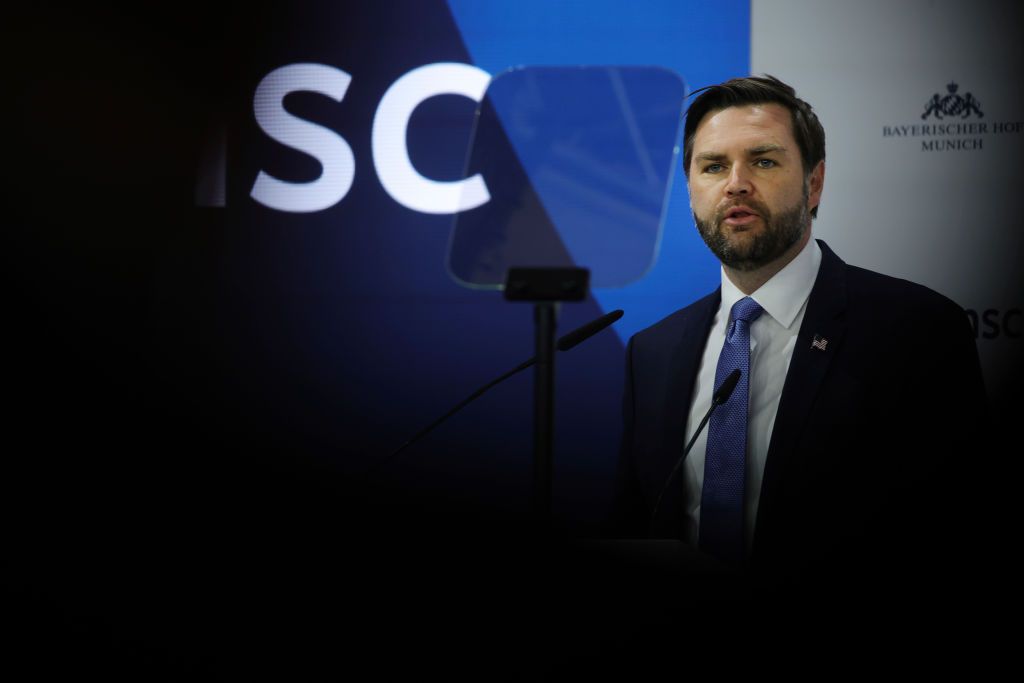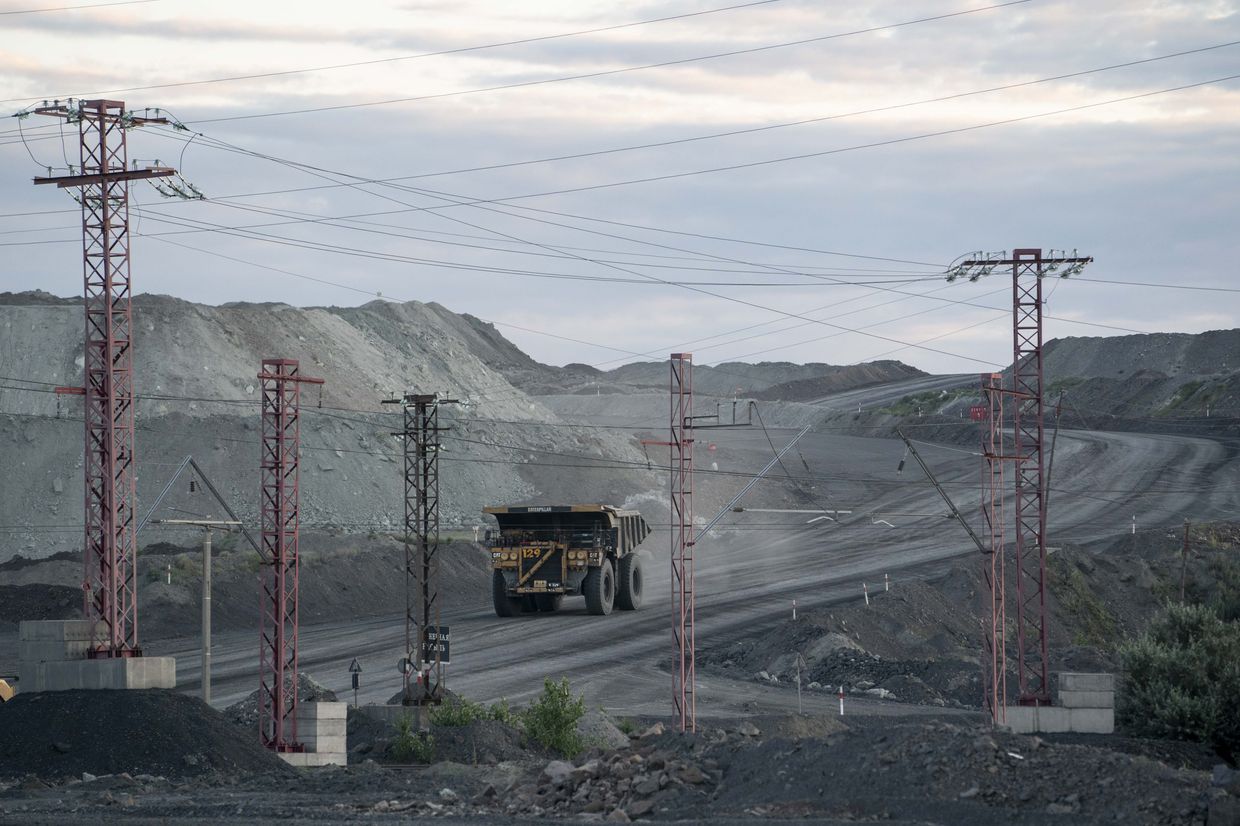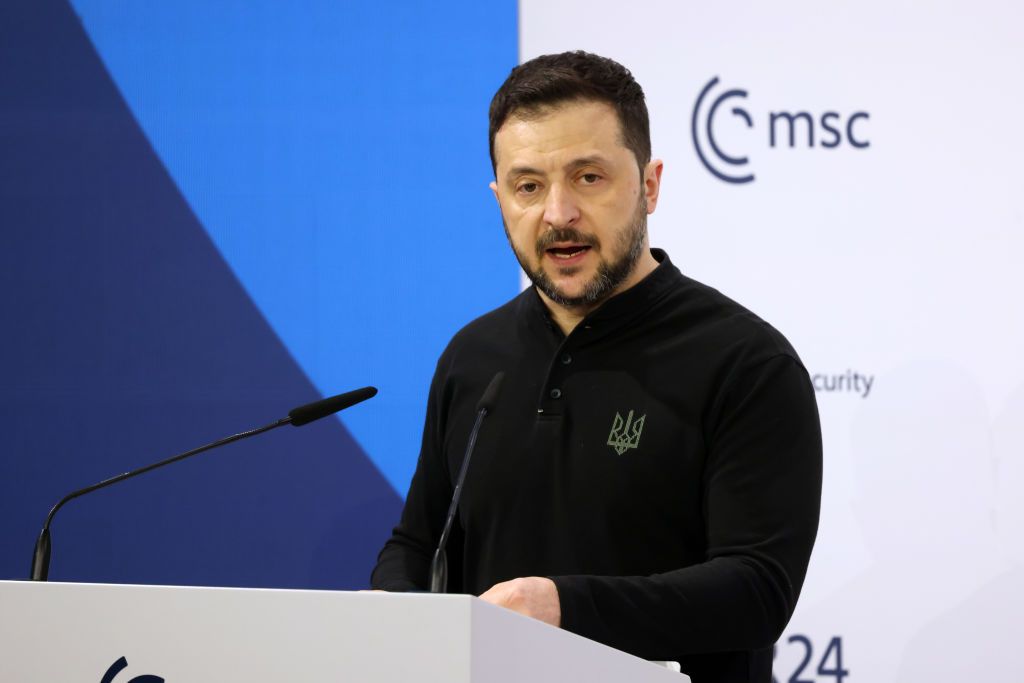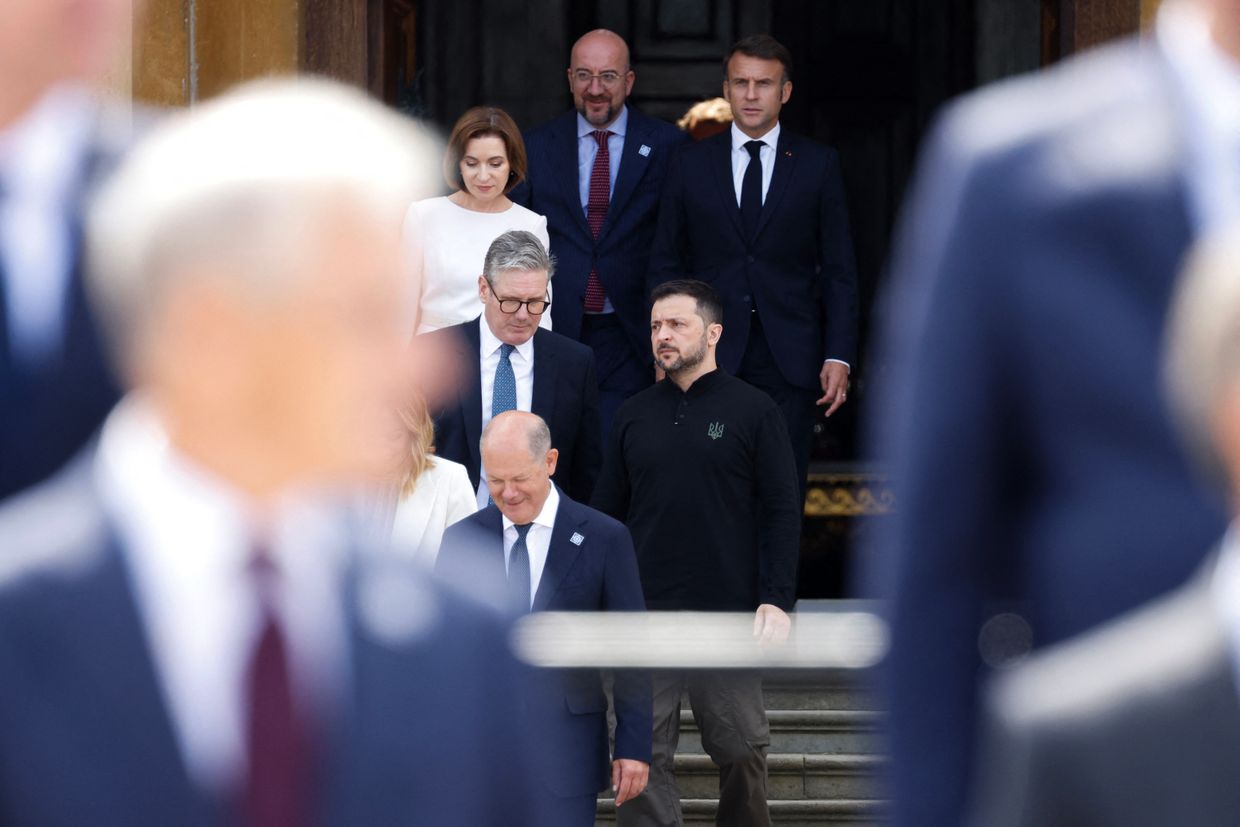After pledging for months to swiftly end Russia’s war in Ukraine, U.S. President Donald Trump has started to take first steps toward peace negotiations this week.
After holding a phone call with Russian President Vladimir Putin on Feb. 12, Trump declared that Ukraine peace talks were to start “immediately.” Kyiv was informed soon after.
What followed was a stream of often contradictory statements from Trump’s team about Ukraine, Russia, and the peace deal procedure, creating an impression that the new U.S. administration rushed to start peace talks without a clear plan – if there is one.
The Kyiv Independent has compiled key facts and statements to help make sense of Trump’s priorities and vision for the negotiations that can decide Ukraine’s future.
Trump’s stance on Russia
Trump appears confident that Putin is ready for serious talks.
The first known Trump-Putin call since Trump returned to office lasted 1.5 hours on Feb. 12, according to Kremlin spokesman Dmitry Peskov. Trump applauded the conversation as “lengthy and highly productive,” saying that both sides agreed to "work together, very closely, including visiting each other's Nations.”
“I think President Putin wants peace, and President Zelensky wants peace, and I want peace,” Trump claimed while speaking to reporters in the Oval Office on Feb. 13. The comment angered Ukrainians and Ukraine supporters as Trump ignored the fact that this war of aggression was unleashed by Russia.
Trump said that he would meet Putin in Saudi Arabia, but has not disclosed a date yet.
When asked by reporters whether Putin could be trusted to hold an agreement on Feb. 14, Hegseth said, "You don't have to trust somebody in order to negotiate with them."

Trump’s stance on Ukraine
Trump called Putin first on Feb. 12 before he informed Zelensky over the phone that peace talks were to begin, fueling concerns that Trump has no interest in consulting with Kyiv before making key decisions.
Zelensky admitted to journalists that “it is not very pleasant" that Trump called Putin first.
When asked by reporters about whether Ukraine should be an “equal member” of the peace talks, Trump didn’t answer directly.
"It's an interesting question. I think they have to make peace. Their people are being killed,” Trump said.
Shortly afterward, Trump reassured that Kyiv would be included in peace talks with Moscow to end the war in Ukraine.
"They're part of it. We would have Ukraine, and we have Russia, and we'll have other people involved, a lot of people,” Trump told reporters in the Oval Room on Feb. 13.
Zelensky said it was important that he met Trump first before Putin. So far, Kyiv has not confirmed a planned meeting with the American president yet.
Trump doesn’t appear interested in pumping much-needed military aid and humanitarian support just to help Ukraine. Trump has stressed that the U.S. should also get something in return.
In the same Fox News interview where he suggested that Ukraine “may be Russian someday,” Trump said he asked Kyiv for “the equivalent of like $500 billion worth of rare earth (minerals), and they’ve essentially agreed to do that.”
“Otherwise, we're stupid,” Trump suggested. “We have to get something. We can’t continue to pay this money.”
Zelensky said that the U.S. deal on minerals doesn’t offer any security guarantees to Ukraine, which is why Kyiv hasn’t signed it.

Ukraine’s NATO prospects
Trump has agreed with his defense secretary, Pete Hegseth, that Ukraine’s NATO accession path is not “practical.”
“Pete made a statement today saying that he thinks it’s unlikely or impractical. I think probably that’s true,” Trump said on Feb. 12. “I think long before President Putin, they said there’s no way they’d allow that. This has been going on for many, many years.”
“They’ve been saying that for a long time that Ukraine cannot go into NATO, and I’m okay with that.”
Also on Feb. 12, Hegseth said that post-war security guarantees for Ukraine “must be backed by capable European and non-European troops” outside the scope of NATO.
“To be clear, as part of any security guarantee, there will not be U.S. troops deployed to Ukraine,” Hegseth said.
Vice President JD Vance, however, said in a Feb. 13 interview with the Wall Street Journal that the possibility of Washington deploying its troops to Ukraine should Russia fail to negotiate properly was still "on the table,” hinting at a lack of coordination strategy within the White House.
But shortly after the interview was published, Vance walked back from his own comments and called the coverage “absurd,” claiming that the Journal twisted his words.
“As we've always said, American troops should never be put into harm's way where it doesn't advance American interests and security,” Vance said on Feb. 14.
“This war is between Russia and Ukraine.”

Ukraine’s pre-2014 borders
Trump and his senior officials have cast doubt on the prospects of Ukraine reclaiming its territorial integrity.
Ukraine may get back some of its territories but should not expect to reclaim its pre-2014 borders, Trump told reporters on Feb. 13.
Hegseth called it “unrealistic” for Ukraine to reclaim the pre-2014 borders, which include Crimea and parts of the eastern Donbas region that Russia occupied in 2014.
During a speech at the Ramstein summit, Hegseth said that the U.S. would also like to see a "sovereign and prosperous” Ukraine, but that "we must start by recognizing that returning to Ukraine's pre-2014 borders is an unrealistic objective.”
Keith Kellogg, Trump's special envoy for Ukraine and Russia, said that "formalizing Ukraine’s territorial losses" in a potential peace deal "will not equate to recognizing them."
"I think there will be a certain agreement on the potential loss of territory. But, look, you don't have to admit it," Kellogg said in an interview on Feb. 13 with Fox News.

Europe’s reactions
Though some European officials said Trump’s rush to peace talks was partially expected, they warned that a hasty peace deal conducted over their heads would be very dangerous to European security.
“Any quick fix is a dirty deal,” EU’s top diplomat Kaja Kallas said, stressing that there is no deal without Europe and Ukraine and accusing the U.S. of “appeasement” toward Moscow.
German Defense Minister Boris Pistorius said Trump’s team publicly conceding to Moscow even before the peace talks began was “regrettable.”
For Central-Eastern European nations and the Baltic states that have been staunch supporters of Ukraine, Trump’s sudden push for peace talks with Putin is particularly alarming.
“Peace talks would need to begin at the battlefield, with Ukraine having a stronger hand, where Ukraine would be able to actually start pushing and increasing pressure on Russians,” Gabrielius Landsbergis, Lithuania's former foreign minister, told the Kyiv Independent.
“This is how some success at the negotiating table could be achieved. Now, Ukraine is not put in a stronger position, so basically, what happened (on Feb. 12) is a push for capitulation of Ukraine.”














